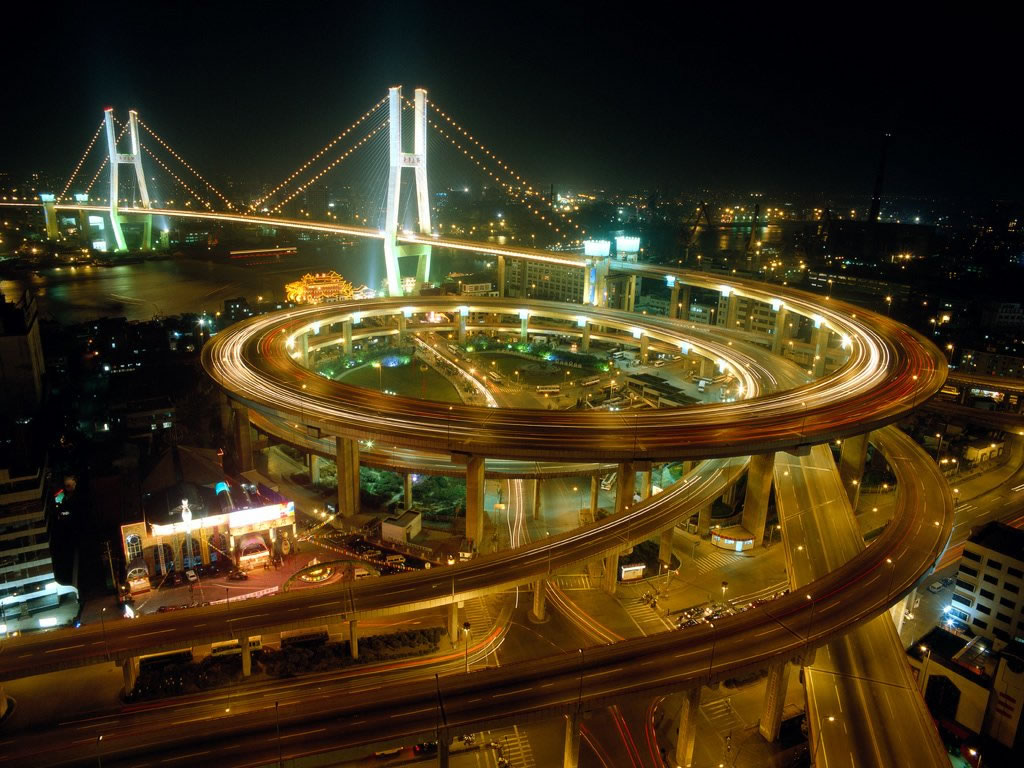
Guardian op-ed by way of WPR's Media Roundup. Fascinating piece.
Very sensible run down to start off:
There is no question that China's growth has been anything short of exceptional. However, that success may have run its course. China will have to rise again in order to rebalance growth while reducing inequality and environmental degradation. The plight of 1.6 billion people depends on it, and the entire world economy. The global community should do all it can to help China succeed.
Like Japan, South Korea, and others before, China has deployed a hybrid mix of state and market-led forces to globalise its economy over the past 30 years. Like its East Asian predecessors the Chinese miracle has been built on exports to the west. The results have been unprecedented, with a growth rate of approximately 10% that has lifted 566 million people over the $1.08 "extreme poverty" threshold set by the World Bank.
Yet the Chinese model is not sustainable in the long run. It has created severe inequalities and environmental degradation and has contributed to the global imbalances that were at the root of the financial crisis. There is an across the board consensus that China needs to diversify demand toward its domestic market.
Yilmaz Akyuz, chief economist of the South Centre, estimates that close to 60% of China's imports are used in the export sector and only 15% of imports are for domestic consumption.
All sensibly rendered, especially noting the non-uniquenes of the China model.
But here's where Chinese incrementalism cannot be condemned:
The west can't have its cake and eat it too. The west can't tell China to increase domestic demand and rebalance its economy through domestic consumption (without increasing carbon dioxide emissions), and at the same time shun China's incremental approach to to monetary policy, strikes and wage increases, policies for financial stability, and green industrial innovation. China should be enabled to succeed. A country of 1.6 billion people that is now one of the only rudders working in the global economy is too big to fail.
So an argument for focusing on direction over degree--as in, is China slowly moving in the right direction? And not obsessing too much over speed.
Why? Simply put, no one wants to own the problem of a ship-wrecked Chinese economy.
Excellent, intelligent piece.